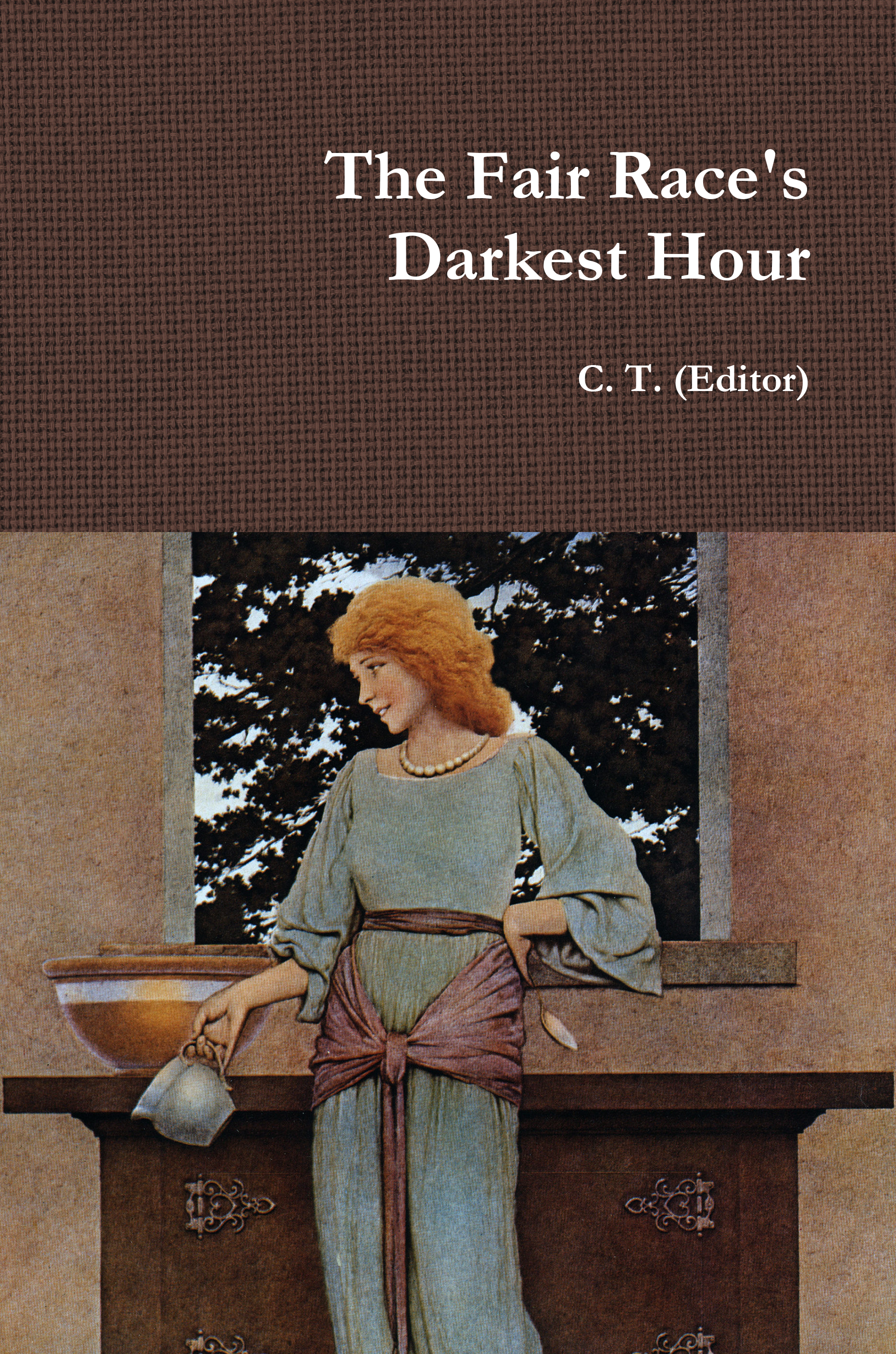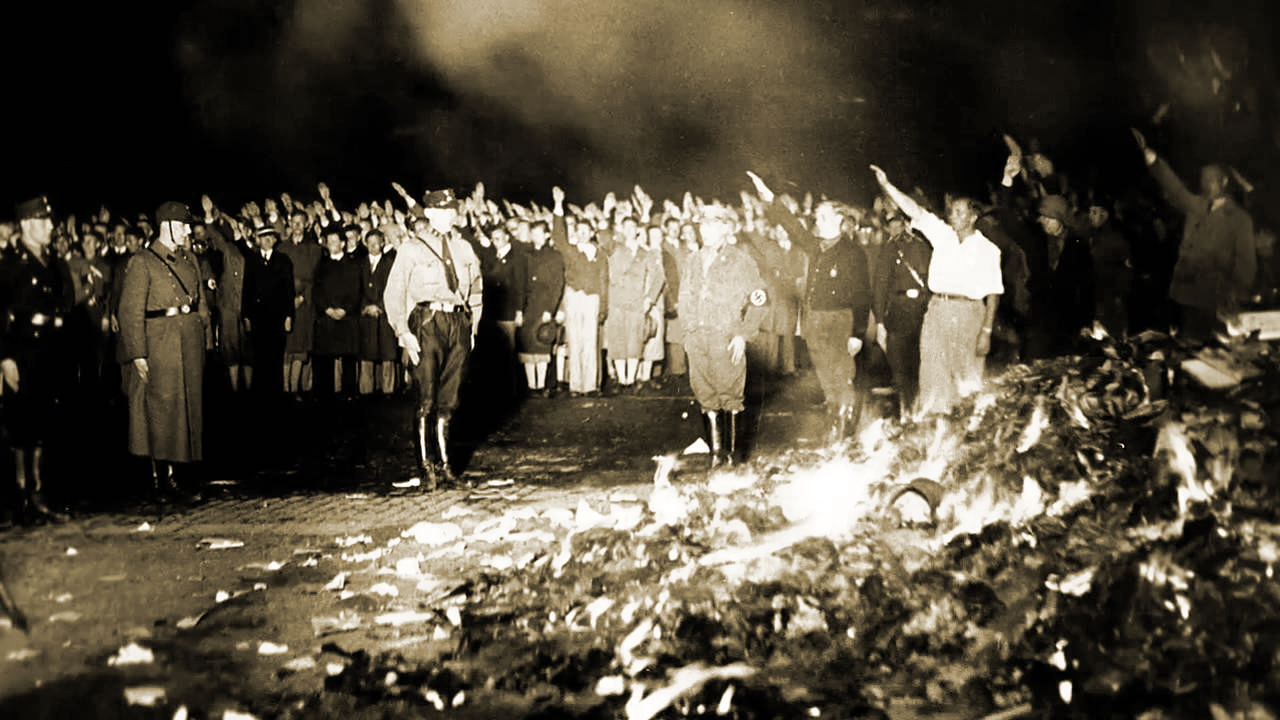This is an update on what I have been saying about how the Christians transvalued Greco-Roman values through stealing vital elements of the Romulus story. I have resumed reading Carrier’s book and on pages 302-303 I came across this:
Later in the third century the Neoplatonist Porphyry wrote his own fifteen-volume treatise Against the Christians, which again does not survive, except for diverse scattered quotations in later Christian authors. A century after that Emperor Julian (the last pagan emperor, himself taking the throne only after a long line of Christian emperors) wrote Against the Galileans, his own critique of the religion that had transformed the empire he inherited. Once again, this does not survive; all we have are portions of Cyril of Alexandria’s treatise Against Julian. Eunapius then wrote in the year 414 a History against the Christians (perhaps not literally named that, but it was regarded as such by later Christians), an extensive critique of Christian ‘versions’ of historical events from 270 to 404 CE. This, too, does not survive; his otherwise inoffensive Lives of the Sophists was preserved instead. The only reason we know of his anti-Christian work is that before it faded into oblivion, many later historians, including Christians, employed it as a source.
I didn’t know the following until today:
Again, these are just the ones we know about: Which would be a fraction of what there was. All of it was tossed out or destroyed. Instead, we get to read only what medieval Christians wanted us to read. Another example of this phenomenon is that of the ‘mysterious lacuna’. Several texts that were preserved have sections removed. Sections whose disappearance seems convenient for Christians. Now, a lot of ancient literature, indeed arguably most, has missing material. This is typically a result of carelessness and accident, multiplied by time. But in some cases the precision and location of what was lost is a bit more peculiar than chance accident would suggest.
Carrier illustrates this with Refutation of all Heresies by the Christian scholar Hippolytus in the 3rd century. Remember that the Christians were so thorough that sometimes they even destroyed the ‘refutations’ authored by Christians so that not even what the pagan said about Christianity remained, even as ‘refuted’ quotes! (Some passages of Celsus survived simply because they didn’t dare to destroy the work of Origen, one of the early fathers of the Church.) Carrier continues:
But the second and third volumes are missing. The text skips directly to volume 4, which begins his discourse on astrology. This does not look like an accident. Some Christian or Christians decided to destroy those two volumes—for some reason fearing their contents. The resulting loss in our knowledge of the mystery religions is beyond considerable.
The below paragraph is what moved me to post this entry:
Another strange loss concerns the annual festival of Romulus in which his death and resurrection were reenacted in public passion plays (see Chapter 4, §1). That festival was held on the 7th of July. At the beginning of the first century Ovid wrote an elaborate poem, the Fasti, describing all the festivals throughout the year at Rome and what went on in them and why. This only survives in its first half, covering January to June, the remaining months are lost. It seems strange that the text cuts off precisely before the month in which a passion play [of Romulus] is described that was the most similar to that of Jesus Christ.
The fact that we have other descriptions of this festival (albeit none as complete as Ovid’s would have been) does mean there was no organized conspiracy to doctor the record (except when it came to controlling faith literature, for which we have clear evidence of Christians actively eliminating disapproved Gospels, for example), but this along with all the other cases (above and below) indicates a common trend among individual Christians to act as gatekeepers of information, suppressing what they didn’t like.
Ovid! And this even happened to Plutarch and Tacitus!:
Another example along similar lines is a mysterious gap in the text of Plutarch’s Moralia, a huge multivolume library of treatises on diverse subjects. In one of these, the Tabletalk, Plutarch is discussing the equivalence of Yahweh and Dionysus, and linking Jewish theology to the mystery religions, when suddenly the text is cut off. We have no idea how much is missing, although the surviving table of contents shows there were several sections remaining on other subjects besides this one. If an accident, this seems like a very convenient one.
A similar mysterious gap is found in the Annals of Tacitus. The text of the Annals survives in only two manuscript traditions, one containing the first half, the other the second half, with a section in between missing—and thus its loss is explicable. But there is another gap in the text that is harder to explain: two whole years from the middle of 29 CE to the middle of 31. That the cut is so precise and covers precisely those two years is too improbable to posit as a chance coincidence. The year 30 was regarded by many early Christians as the year of Christ’s ministry and crucifixion (see Element 7).
Robert Drews analyzed all the gaps in the Annals and concluded that this one has no more plausible explanation than that Christians excised those two years out of embarrassment at its omission of any mention of Jesus or associated events (like the world darkness reported in the Synoptic Gospels). Tacitus digresses on Christianity in his coverage of the year 64, in such a way that guarantees he made no mention of it earlier (if the passage there is authentic: see §10)—although Tacitus surely must have discussed other events under Pontius Pilate. So we can be certain Christians weren’t trying to hide anything embarrassing said about Jesus. But the embarrassment of saying nothing was evidently enough to motivate their targeted destruction of the corresponding text.
To understand the censor who eliminated those chapters so that posterity would remain in the dark, let us remember that St. Augustine also struggled with an omission. Seneca de Younger wrote On Superstition between 40 and 62. Carrier again: ‘that lambasted every known cult of Rome, even the most trivial and obscure—including the Jews—but never mentioned Christians’.
It is increasingly clear: Not only Jesus of Nazareth did not exist. The authors of the gospels (Semites, I suppose) stole the myth of the Aryan god Romulus for incredibly subversive purposes (see red letters: here).
That is why they tried to erase any hint of the Romulus festivals when they destroyed almost all the books in Latin, from the fourth to the sixth century (see Catherine Nixey’s words in bold type: here).







